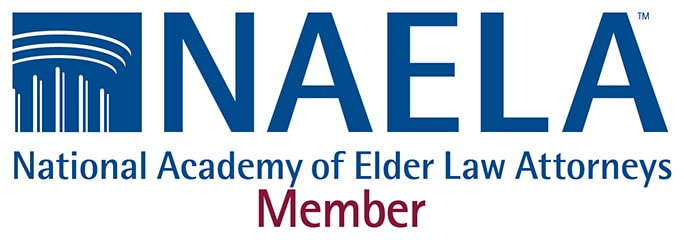The Law Offices of Samantha K. Wolfe
20 East Sixth Street, Suite 206, Waynesboro, PA 17268
Hours: Monday thru Friday 8:30am to 4:30pm.
Other times by Appointment Only. Virtual Appointments Available.
717-655-2676
OUR NETWORKS
Website Design by Crawford Designs
20 East Sixth Street, Suite 206, Waynesboro, PA 17268
Hours: Monday thru Friday 8:30am to 4:30pm.
Other times by Appointment Only. Virtual Appointments Available.
717-655-2676
OUR NETWORKS
Website Design by Crawford Designs




